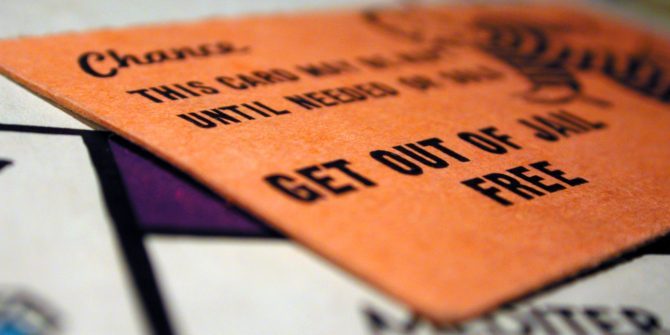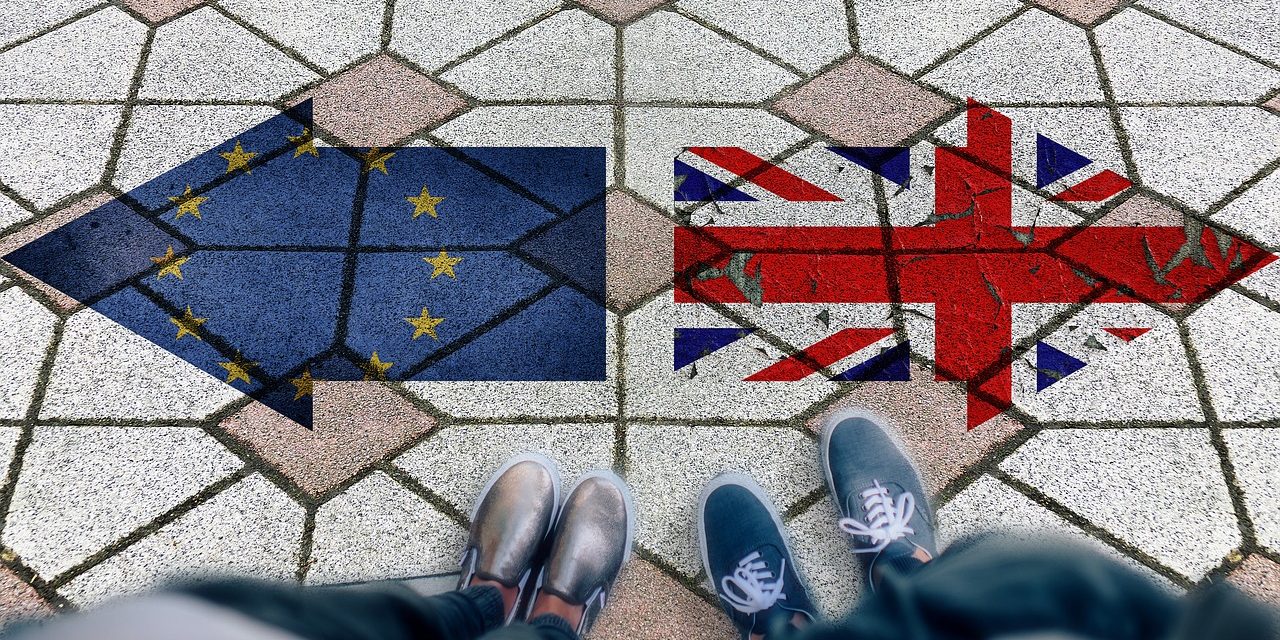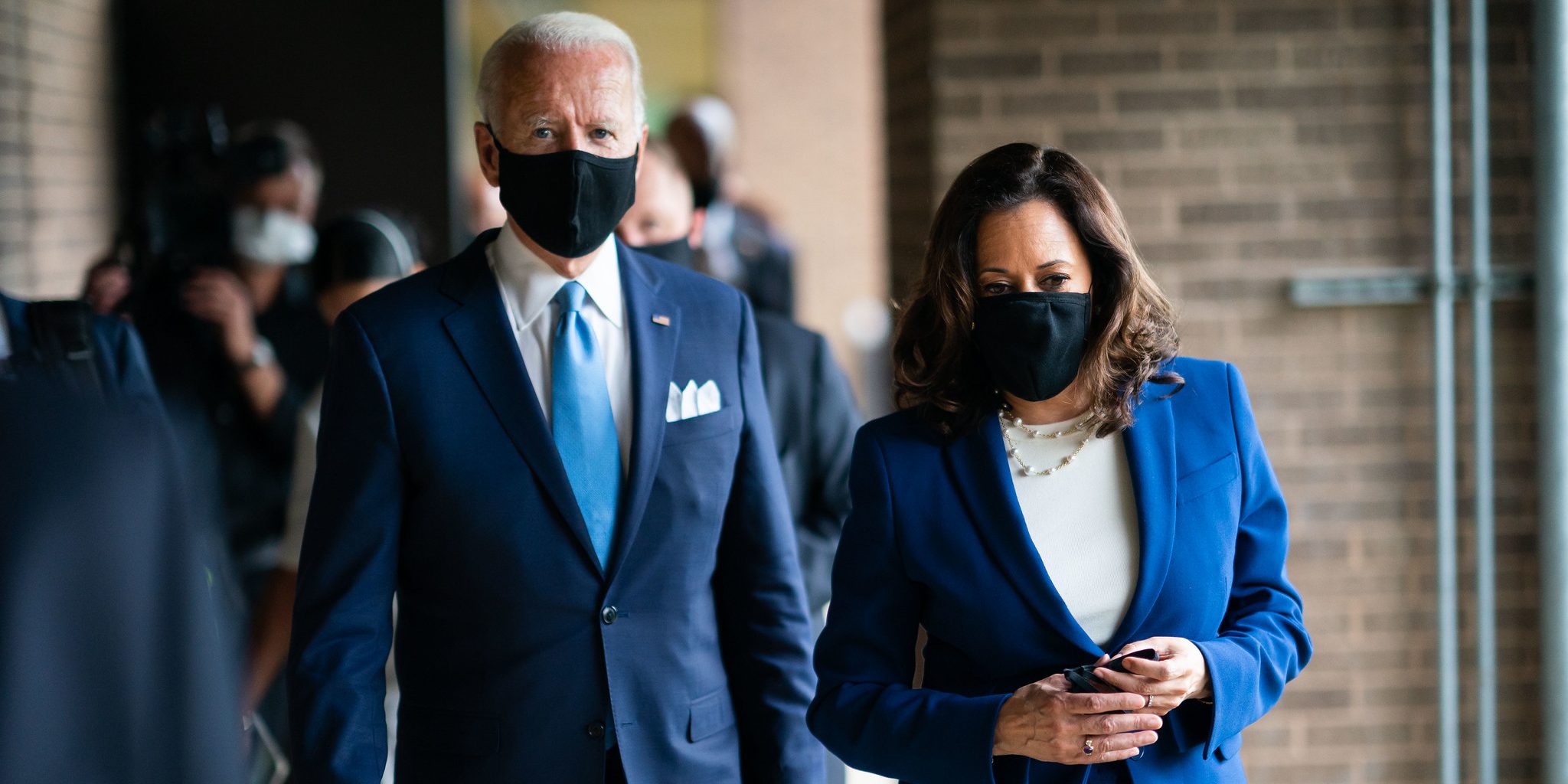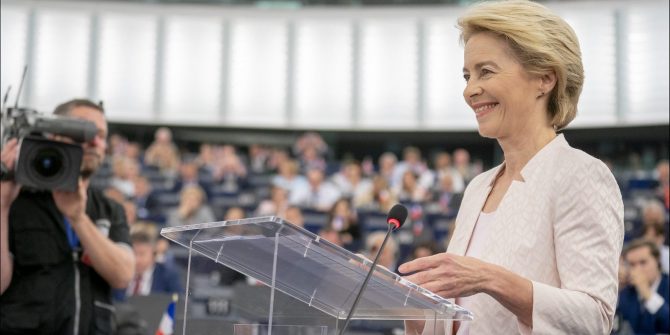Economic activity worldwide has slowed almost to a stop. Claims that non-EU countries were queuing up to sign advantageous trade deals with Britain now ring hollow, as governments everywhere have imposed draconian controls on the movement of people and goods. So is coronavirus Boris Johnson’s get out of jail card on Brexit, asks Denis MacShane?
Amid this economic misery, one plank of the new government’s vision for the future remained unchanged. As Michael Barnier, and then the UK’s Brexit negotiator, David Frost, fell ill with Covid-19, followed in due course by the Prime Minister, ministers in the Commons and No 10 briefings insisted there could be no reconsideration of forging ahead with Brexit along very hard lines. Ben Habib, a property developer, who stood for Nigel Farage’s Brexit Party in the 2019 European Parliament election wrote an article for the Daily Telegraph four days before the UK lockdown. He argued that “Far from requiring delay, coronavirus strengthens our hand in post-Brexit talks.”
But that was countered an article in the Sunday Times read by most business leaders and every Tory MP. It was written by Nick du Bois, a Tory MP 2010-2015, a keen supporter of Brexit and popular in the Conservative Party. He served as Dominic Raab’s chief of staff at the Department of Exiting the European Union. He is as loyal an anti-European Tory as can be found but writing in the Sunday Times on 5 April, du Bois argued: “It would be incomprehensible to many members of the public if Johnson’s government devoted time and energy on these talks until the pandemic was under control.”
The response was swift. Acting presumably on Michael Gove’s instructions as Gove is the minister designated to be in charge of the UK side of the Brexit negotiations David Frost, the UK’s chief negotiator or “Sherpa” as he describes himself on Twitter, published a curious tweet.
1/2 I want to reassure everyone that UK-EU contacts have been continuing in these difficult times. We have remained in touch throughout, both sides have exchanged legal texts, and last week we had a series of conference calls to explore & clarify technicalities.
— David Frost (@DavidGHFrost) April 7, 2020
Who exactly Frost was trying to “reassure” is unclear. The UK and EU announced they were publishing their own very different texts of draft treaties early in March. A month later and it was clear to most observers that this process could not be finished this year. Yet intelligent ministers and editors, as well as David Frost, are not yet ready to admit that more time is needed. The reasons for a pause are the following.
1. No negotiations are taking or can take place. Apart from the illness of Barnier and Frost, and key UK principals including the prime minister, there can no question of bringing together hundreds of UK and EU negotiators in close proximity shuttling between Brussels and London.
2. It is a misnomer to refer to the process as leading to a “trade deal.” There are 11 different working parties covering everything from financial services, fishing, transport, banking and insurance, aviation, security, rule of law, human rights, the rights of Britons in Europe, education and research. These cover, in effect, much of what a state does under the laws it adopts for its people. Re-writing these relationships into international treaty law is a gargantuan task.
3. We are all enjoying talking via Zoom or Hangout, but an international treaty needs face to face proximity as negotiators haggle over words and refer back to superiors in the next room or up to ministers for final approval. I took part in such haggling in the corridors of the Justus Lipsius building where EU Councils meet. The idea this can be done via screens is not realistic. There has been one on-screen discussion on 31 March between Michael Gove and Maroš Šefčovič the European Commission Vice-President for Interinstitutional Relations. They had a general discussion about the EU’s view that the Withdrawal Agreement obliges the UK to allow proper controls and custom declarations for all goods moving between Ireland, North as well as the Republic, that are sent to mainland Britain. No 10 had challenged what Brussels and Dublin thought was agreed as Johnson came under pressure from anti-EU Ulster politicians who hate any idea of a different customs regime for Northern Ireland UK businesses and citizens.
4. There have been comments about a “bare-bones” agreement without anyone defining what “bare-bones” means or to trading on WTO terms which would mean an instant 22 per cent tariff on £30.3 billion worth of fresh food produce and wine imported from Europe into the UK annually. This is little different from a No Deal walk-out and would leave undecided all the other institutional or jurisdiction issues that need to be resolved. Alternatively, the UK can adopt the approach of the Swiss in 1993 after Switzerland rejected in a referendum joining the European Economic Area and instead embarked on negotiations for more than 100 bi-lateral agreements.
5. The 25,000 UK civil servants who were working on Brexit have been re-allocated to more urgent work in dealing with coronavirus from direct administration of the medical and scientific work to coping with the economic and social fall-out.
6. The view is clear in Brussels. It is for the British government, I was told, to suggest what might be done. “The ball is in Boris Johnson’s court.” It is for London, not Brussels to propose a pause which would take the form of extending the negotiations into 2021. The timetable was written into UK law as a gesture by Boris Johnson to his hardline anti-EU MPs and activists. No previous treaty negotiations in British history were subject to a UK law dictating when they had to end. The EU is helpless. Only UK MPs, prompted by their prime minister, can alter the law to make an extension possible.
7. The deadline for proposing an extension into 2021 is the end of June. So far, Boris Johnson has refused to move. Clearly, his premiership has been overwhelmed by coronavirus and his own hospitalization. But business in Britain deserves some clarity from the government on whether it wishes to impose the economic chaos and difficulty of Brexit on top of the socio-economic dislocation of coronavirus.
8. There is an assumption that he cannot move because of the strength of feeling about Brexit in the Conservative Party. But is this truly the case? Johnson has delivered on the mandate of the 2016 referendum – the UK has left the EU and is no longer a treaty member. A poll carried out late March had 64 per cent of all voters supporting an extension of the negotiations. The new Labour leader, Sir Keir Starmer, has made clear Labour will not be supporting any calls for a new referendum. His shadow cabinet consists almost entirely of Labour MPs who opposed Brexit in 2016 and in different degrees supported the campaigns against Brexit 2017-2019 including a second referendum. The new Justice Secretary, David Lammy MP, was one of the most passionate anti-Brexit campaigners. The new shadow Chancellor, Anneliese Dodds MP, was an MEP between 2014 and her election to the Commons in 2017. Yet for all that, it is unlikely that Labour under Sir Keir will expend much energy or effort on calls to rejoin in any manner the EU.

Coronavirus is Johnson’s get-out-of-hard-Brexit-jail card
Boris Johnson can present to his hardliner anti-Europeans the obvious fact that to plough on with trying to secure a final agreement forcing 27 sovereign government to accept a settlement on British terms cannot now happen given the changed circumstances. Ministers cannot yet say this and the pro-Brexit papers like the Daily Telegraph, Daily Mail or Spectator have invested so much in 2020 as the year of fully liberating Britain from Europe they have to insist it’s full steam ahead for Brexit. But now a senior Tory has broken ranks – and it will be interesting to see if other Tory MPs say an extension cannot any longer be avoided and make clear there will no political criticism of the prime minister if he takes this decision in the national interest.
The main argument now is economic. The coronavirus shutdown of so much economic activity will cost an estimated 15 per cent hit to the UK economy. The NIESR reckoned that Brexit would see the UK economy shrink by 3.2 per cent in addition to the £130bn estimated by Bloomberg (with a further £70bn to come) that Brexit has cost Britain in terms of lost trade and investment since 2016. This more than all the money the UK has paid in contributions to the EU during its 47 years of membership.
Such big figures mean little to the average business owner or executive and the 50-50 divide in the public on Brexit is unchanged in nearly five years. But to lose so much access to a market on the UK’s doorstep as businesses struggle to come back after coronavirus seems excessive. Extending the Brexit talks is not reversing Brexit but allowing some breathing space and avoiding avoidable economic damage. Remarkably, the CBI and other business organization have refused to make a joint call for an extension but business has always preferred to hide under the duvet on Brexit.
On the other side of the ledger, the longer Britain gets used to being out of the EU but still trading and travelling with the continent and making what starts as temporary arrangements that quietly become long-lasting the more a solution might emerge that allows a new settlement with Europe that leaves the UK with as much independent field of action as possible and as much cooperation, commerce and common programmes with the EU as necessary and useful.
Several tricky issues remain to be resolved. How to handle the EU’s four freedoms of movement – of capital, goods, services and people – or which is the final arbitration body in case of disputes between the UK and the EU. But coronavirus is demanding much stricter controls on movement across borders and the EU has accepted that the role of the European Court of Justice is restricted to interpretations of EU law only. Opinion polls say that the salience of immigration from Europe which was the main drivers of anti-EU sentiment this century is now dying away. Coronavirus shows how much we rely on immigrant NHS staff with the NHS the biggest employer of European citizens in the UK. With the collapse of the pound working in the UK is not as attractive for European Union citizens as in the past.
One outcome of the government’s response to coronavirus is a much greater role for the state and regulation. Already, soon after winning the December 2019 election, Johnson called for higher wages and a fairer deal for British workers as he seeks to win them from Labour to vote Conservative. There is still plenty of anti-immigrant, often racist, sentiment in today’s society which can be exploited by populist politicians. But the long run of daily hostility to Europeans in Britain in the tabloid press or in statements by UKIP or other anti-EU politicians seems to have run out of steam. This may leave room for a compromise rather than an all-out confrontation with European governments who will not accept discrimination by a British government against their citizens if the UK wants to main open trade access to Europe.
The coronavirus crisis is devastating for all European countries in or out of the EU. But it may allow cover for a more moderate compromise on the precise modalities of what happens now the UK has left the European Union Treaty.
This article gives the views of the author, and not the position of LSE Brexit, nor of the London School of Economics. Image: Public Domain.







All so reasonable, all so logical – just like the unsuccessful campaign to persuade the UK electorate to stay in the EU. I fear the Tory majority elected last December is now inured to the idea that “no deal” now ludicrously entitled the Australian deal is a viable – in the eyes of all too many, the best – option. Those who think otherwise are totally cowed.
Apparently, there was no need for a trade deal to import needed medical supplies. Why is there need for a trade deal to import essentials such as food? In the Netherlands, just now, there is a surplus of dairy and meat, even last year’s tulip bulbs are sold at knock-down prices( in WW II, people would eat tulip bulbs for a staple). Who is stopping the Dutch exporting dairy and meat, and tulip bulbs, to the UK? The ferry companies would only be too happy to accommodate the extra freight.
The EU is a trade cartel. It is not about free trade, but exactly the opposite, ruining the market and national economies in the process. I think subsidies make good sense sometimes, but when a system of subsidisation becomes perverted it’s time to stop the rot.
Feelings run strong on this subject. Rather than unite England, which I am sure the government was hoping for, I believe the virus has deepened the divide. Empty shelves and panic buying has given a taste of what many remain supporters believe is on the cards with a no deal, and will simply be unacceptable if inflicted on us willingly by a government that is too belligerent to concede to common sense. There is a strong growing feeling that should this happen, protest may turn to riots, with fighting in the streets.
SL Empty Shelves and panic buying haven’t happened because of Brexit but because of a completely unforseen medical emergency affecting the whole of Europe The problems we have are entirely unrelated to Brexit
If there are to be problems arising from Brexit, a big IF, it might be as well to have them at the same time as the undoubted problems we and Europe will have as we all recover from Coronavirus get al the problems out of the way at the same time
It is the duty of everyone of us, in our places, and according to our ability, to succour, help, and relieve all that are in distress, and necessity owing to Coronavirus pandemic; and yet, I am filled with foreboding that our prime minister’s pride and stubbornness to ‘Get Brexit done’, may prevent him from doing that which common sense clearly demands. The die is cast. It is difficult to see how Mr Johnson can uncast the die, without plunging to the country into more destructive chaos….
I think many commenters are forgeting how good at twisting news to support their world view many in politics, particularly on the Leave side have become. I think they’ll say something like this:
The coronavirus crisis shows how important it is that we leave the EU on schedule with no more dither and delay.
– the EU stopped working when the crisis hit, borders were closed, exports were stopped, all these “freedoms” ceased to matter when there was a crisis. It also failed to find a fair way to financially support the South of Europe which will experience an economic disaster unhelped by the Euro finance group to pile on top of the disasters the EU callously inflicted on countries like Greece which need to devalue their currencies.
– Without the constraints of EU red tape goods like masks and ventilators could be imported much quicker.
– By building exciting new global trade deals Britain can set up supply sources of vital medical equipment and food from across the world.
– As the economy rebuilds itself after lockdown it’s vital that British jobs are not taken by low wage immigrants because British people will need the work.
Now I don’t believe any of that but many of the people who like Leave will and you can count on Farage, Gove etc to tell them these half-truths.
I think the observations of many officials who are within the process and who can clearly see that their task has gone from herculean to impossible are a failure to see the wood for the trees. People tasked with making sure, say, that there is a system of customs declarations realise that their work is impossible. They then erroneously conclude that that means the transition period must be extended. The people in charge will bounce us out, let all that stuff collapse, then ask those officials to patch things up urgently while a long line of lorries wait at Dover.
Hope I’m wrong.
“This may leave room for a compromise rather than an all-out confrontation with European governments who will not accept discrimination by a British government against their citizens.”
What discrimination? Is anyone suggesting that EU citizens should have less access to the UK than citizens from any other part of the world? Freedom of Movement was discriminatory in that it gave favourable access to the UK for people with fair skin. That was acceptable as long as we were part of the EU, but going forward favouring EU citizens would be indirect racial discrimination and therefore illegal.
Going forward we have only two possibilities that are legal. Either we have Freedom of Movement to the UK for all citizens of the world or we have restricted immigration applied equally to all citizens of the world.
Arguing about the political situation is a luxury that we cannot afford at this turbulent time it causes me concern when I see how much the remainers have still not accepted the results of two votes. Democracy relying on the losers accepting the verdict of the votes, it appears to me that democracy is dead in the UK and civil unrest will follow. There’s millions of people who survived natural disasters in the UK and now this pandemic feel as if they have nothing to lose.
Sensible article. Yet, the damage done by diehard MP Remainers and ‘Leaver’ MPs posing as Leavers, in effect sabotaging Brexit in the Commons, and the treasonous May and her cohort in government, and political operatives in other places of primary influence, this damage done to the UK economy, could outlast the effects of the current lockdown. Three and a half years have been lost in sabotaging democracy, the Constitution, Common Law and the future prospects of the UK.
Democracy can only work if disagreements can be resolved according to a tried and tested formula. What May and her cohort have done is in fact a coup d’ etat. This encouraged many Remainers to reject the verdict of the people’s majority vote. That means democracy is dead. Remember the assertions about the referendum by Cameron and a host of worthies- A once-in-a-lifetime decision, there will not be another referendum on the matter, the government will abide by the referendum result, etc. Well,… From now onwards, no minority need feel obliged to accept a defeat and work through democratic political process to ameliorate or reverse their defeat. Instead, nobody who feels hard done by in any way whatsoever need feel obligated to play by any rules but their own. And even playing by their own rules, the unruly, anarchist and true democrat alike, may make it a rule to not make known to their political (economic, commercial) adversaries what these rules are and that these self-made rules can be changed at a stroke, again and again, an so forth.
Basically, what has become increasingly dominant in the politics of the western so-called democracies is total politics. The people who have grabbed power insist that the people, especially anyone not in cahoots with them, stick to the ever-tightening rules while they themselves have usurped and arrogated to themselves the privilege of making it up as it suits them, interpreting their self-made rules as and when they please, or not as the case may be. It is said that to build trust in a relationship takes years, but to lose it can be done very quickly. Evidently, the cabal in power has no need of the people’s trust. The cabal in power in the West feels secure enough to keep ordering people around and poke them in the eye, especially where a minority supports the trashing of the Constitution and Common Law. However, it is absolutely no basis for peaceful coexistence.
To me, it looks as if there isn’t really much connection between Corona and Brexit, but (judging by the comments) we can be sure both Remainers and Leavers will have no problem finding ways to use Corona to bolster whatever opinions of Brexit they held anyway.
The original article stated: “an international treaty needs face to face proximity as negotiators haggle over words and refer back to superiors in the next room or up to ministers for final approval. I took part in such haggling in the corridors of the Justus Lipsius building where EU Councils meet. The idea this can be done via screens is not realistic.” I do wonder how true this is. Presumably those in this business have got used to doing deals at 4am with everyone’s eyelids propped open by infusions of military-strength coffee, but it doesn’t mean that is the only, or even the best, way of doing complex negotiations. Technical discussions are possible remotely, after all many academics have experience of collaborating on complex papers despite being separated by several thousand miles. But whether trade negotiations are possible in this way is something we are maybe going to find out.